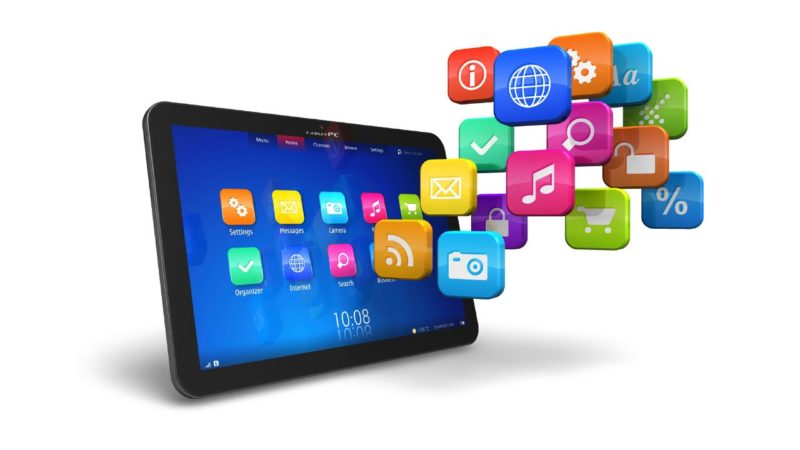
Rows of Controversial Applications on Smartphones

Currently, the existence of the application is undeniable has become an integral part of smartphone users. How not, the application is the core use of smartphones because it offers a variety of uses.
But regardless of the various functions are actually not a few applications also offer controversial functions. In addition to the services offered, the controversy arose because a new feature launched was considered to hurt a particular group.
Here are some controversial applications that SoftTeco has collected from several sources,
- Face App
This photo editing app is on the rise because of its ability to change someone’s photo. But new features released by Face App some time ago turned out to reap protests.
The reason, this application presents a feature called “Ethnicity Change Filters”. This feature provides a number of skin color filter options, such as Black, Asian, Indian, to Caucasian.
Given the many protests, the filter from portfolio was finally officially withdrawn by Face App mid-month. Previously, another feature that is also protested is Spark because it allows changing a person’s face including skin color.
- I-Doser
This application had attracted public attention in 2015 because it was mentioned is a digital drug. I-Doser issued a service of sound waves that can stimulate the brain and make the listener addicted like using drugs.
But the news was immediately denied by the National Narcotics Agency. After an in-depth investigation of the application, WHO found nothing dangerous from I-Doser.
Although certainly not dangerous, WHO still asks users to be careful of the application. Therefore, the sound issued by this application can stimulate the brain and change the psychic state including mental users.
- Snapchat
Similar to FaceApp, Snapchat has also been able to attract attention for removing filters that can change the user’s face like an anime character. But the filter shown is considered to offend the physical stereotypes that are usually present in Asians.
Snapchat immediately moved quickly and pulled the filter out of circulation. Previously, this service also had time to protest because it presents a special filter Bob Marley is considered to emphasize the relationship of the singer with marijuana rather than music heritage.
This service was also boycotted by users in the Indian region. The reason, there was a leak from Snap employees who reveal Snap Inc. CEO Evan Spiegel calls this service is only intended for the rich and do not want to develop it for poor countries, like India and Spain.



